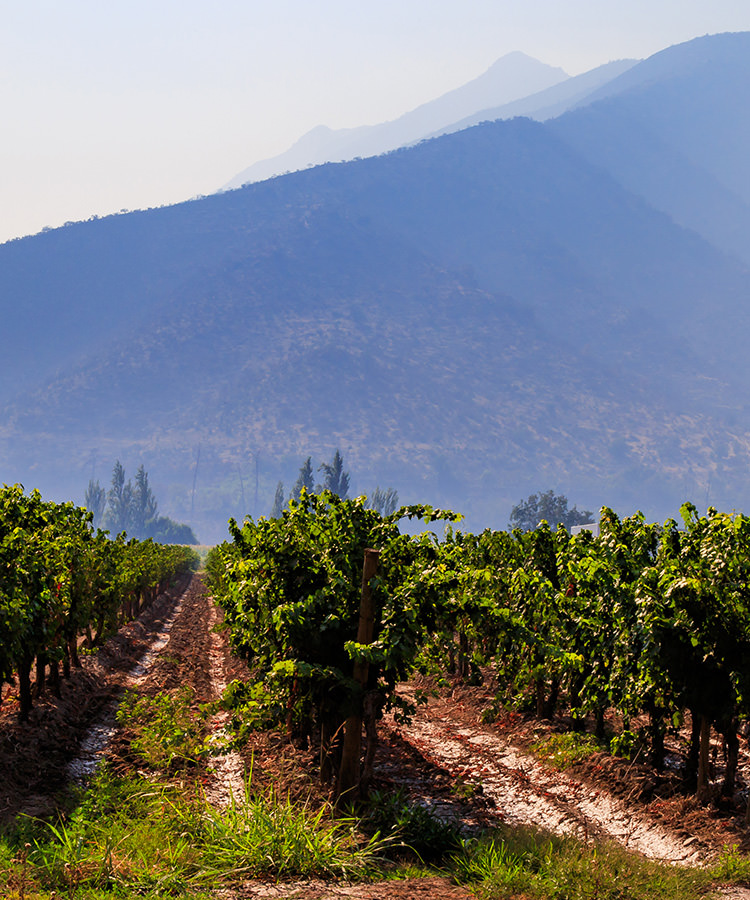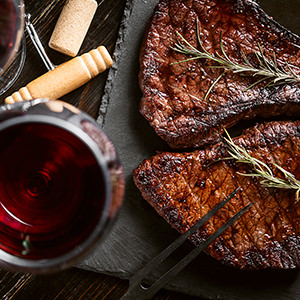
Each year for harvest, Noelia Orts likes to work with female winemakers. As the winemaker at Emiliana, Chile’s largest biodynamic and organic winery, Orts feels it’s her duty to offer opportunities to cultivate the future of Chilean wine. For women especially, she wants to prove the hurdles are worth it.
“Younger generations are more confident and braver,” she says. “I love to encourage them to join this beautiful world.”
Orts herself is no stranger to bravery. She left her native Spain to make wine in Chile’s Colchagua Valley, a place where she could hone in on Cabernet Sauvignon and learn more about biodynamic viticulture. Before arriving at Emiliana in 2011, she hadn’t actually practiced biodynamics, although she certainly had the interest. Emiliana’s team, however, had been employing organic and biodynamic methodologies since 2000. In fact, today Emiliana remains the largest producer of organic grapes in Chile
Now, Orts and Emiliana are leading the charge on sustainability in the South American country, with plenty of other female winemakers staking their own claims as well.
Low-interventionist winemaking has long been Orts’s guiding light, which she attributes to the success of her famed Cabernet Sauvignon-based blends like Ge. It’s also an anchoring philosophy that is shared by other top women winemakers in Chile, like Cecilia Guzmán of Haras de Pirque and Emily Faulconer of Viña Carmen.
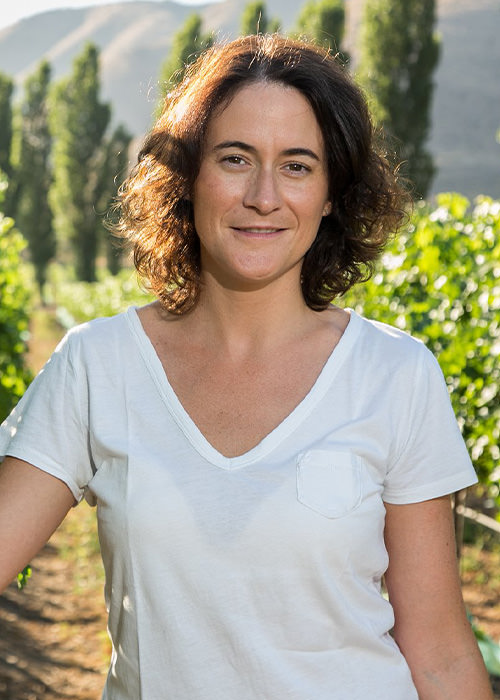
Together, the trio showcases how Chile is quickly becoming the poster child of sustainability in the wine industry, one that not only looks at farming, but at every detail of the company to enhance its protection of the Earth. At present, 70 percent of wines exported from Chile are sustainably made, and by 2025, Chile aims to be the top producer of sustainable wines in the world.
“As winemakers, we interpret the character of places,” Faulconer says. “This wouldn’t be possible if we weren’t careful with our resources and created shared value with those who surround us.”
Faulconer explained that Viña Carmen, in the Alto Maipo Valley, has been making wine since 1850, and an important part of her role as chief winemaker is to ensure the brand will continue for centuries to come. The brand is certified organic under the Chilean National Sustainability Code, but the team goes beyond acquiring a symbol for its packaging. It has an entire strategic plan devoted to sustainability with long-term goals in mind.
At the highest level, the plan considers three aspects across the wine chain — social, environmental, and economic — and focuses on five pillars: environment, efficient supply chain, innovation, shared value with the community, and the work environment and family. How that translates to action includes everything from non-invasive management of vineyard soils to the incorporation of energy-efficient technology in the winery.
It also has to do with people. Faulconer says the diversity of her team and support she gets from the company create a culture that’s just as sustainable. This energy and support have given her opportunities to develop her visions and grow professionally. One such example is Faulconer’s ongoing microvinification project that looks at altitude, exposure, soil type, plant material, and geology to better understand Cabernet Sauvignon from the Alto Jahuel region. It’s work she calls “profound” and will have an “interesting road ahead.”
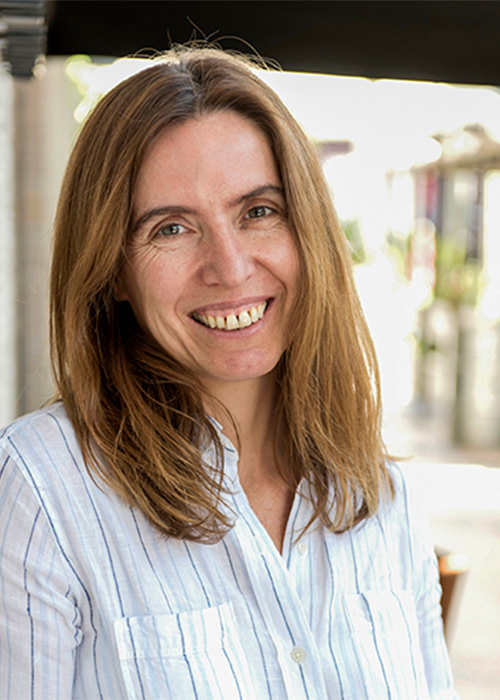
Similarly, Haras de Pirque’s Guzmán has been replanting part of its 100 hectares of certified organic vineyards in the Maipo Valley, where she grows Bordeaux varieties and craft blends like Albis, of Cabernet Sauvignon and Carménère. To her, sustainability is also a 360-degree view of production and its effects on the environment. She has been working to decrease her carbon footprint, produce high-quality vegan wines, and train her staff in reuse and recycling.
“It makes you aware of your impacts as a company,” Guzmán says of a commitment to sustainability. “With each new project or each new decision, we need the support of our working community to preserve the philosophy.”
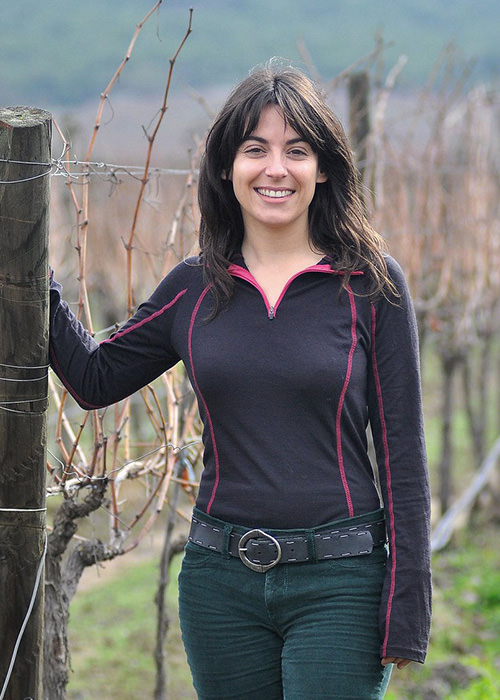
Emiliana remains at the forefront, and ever-evolving, too. Orts says that the team is currently researching the microbiological diversity of their terroir to understand the various native yeasts used in fermentation with “eye-opening results.” It’s part of the winery’s larger conservation programs: ongoing efforts to learn more about its natural landscape and finding ways to regulate water, promote biodiversity, and control pests.
In the winery, they utilize a biomass heating system to control wine temperatures during fermentation and recently added a night cooling system that pulls in outside air on nights below 57 degrees Fahrenheit — making use of the region’s diurnal swings.
“We can’t keep taking from nature everything [that] we need without giving back or at least doing it with the minimum impact possible,” Orts says. “It’s common sense. The Earth is not endless, and we are part of it, so everything we do at the end affects us.”
For more exciting stories about winemaking women, check out the video available here.
This article is sponsored by Wines of Chile.
